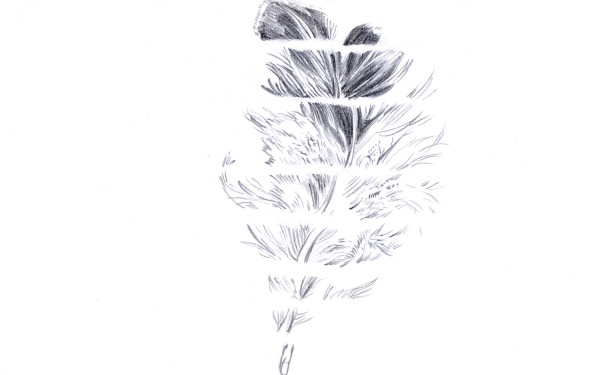Marching for Murdered Women In Light of Renewed Debate
Missing and Murdered Indigenous Women Organization Prepares For March to Raise Awareness of Unresolved Issues
On Jan. 12, the Inter-American Commission on Human Rights released a report on “Missing and Murdered Indigenous Women in British Columbia” continuing the debate on whether there should be an inquiry into missing and murdered aboriginal women in Canada.
Aboriginal people have been calling for an inquiry to be made into the phenomenon for years.
“I think if an inquiry is done, stronger statistics would come out of it,” Alan Ross Gull, a worker at the Native Friendship Centre of Montreal, told The Link.
Although the Conservative Party of Canada has classified the issue as a criminal matter rather than a sociological one, many disagree.
“The simple high numbers of missing and murdered aboriginal women and the percentages immediately tell you that there’s something else going on beyond the simple fact of murder,” said Karl Hele, Associate Professor and Director of First Peoples Studies at Concordia University.
“The government says it’s just a criminal issue and that the police will deal with it, but the police don’t deal with it.”
The report concludes that police have “failed to adequately prevent and protect indigenous women and girls from killings and disappearances.”
“Police forces put a lot of money into the understanding of different immigrant’s group cultures, but they don’t do that for native people,” Hele said.
However, the best way to deal with the issue is debated.
“I know that an inquiry would be really expensive,” Gull said, “but at this point I really think it’s important just to give peace to the families. They need peace, they want answers, they want to know where and why they were murdered.”
The director of Projets Autochtones du Québec, Adrienne Campbell thinks an inquiry would have little use beyond raising awareness and bringing peace of mind.
“The focus has to be on long-term solutions, such as healing programs and development within the aboriginal populations and also awareness in the general society. I think that’s where money needs to be put,” she said.
“I think they already know what actions need to be taken, they just need to invest the money into programs,” said Campbell.The 24th Annual Memorial March for Missing and Murdered Women will be held on Valentine’s Day.
“It is worth it and I think that it is necessary emotionally for a lot of people,” Maya Rolbin-Ghanie, campaign coordinator of the Centre for Gender Advocacy and member of the solidarity collective Missing Justice, said of the march.
The event will start at 3 p.m. on Ste. Catherine St. beside Cabot Square.

3_900_600_90.jpg)

1_600_375_90_s_c1.jpg)
_600_375_90_s_c1.jpg)
1_600_375_90_s_c1.jpg)
